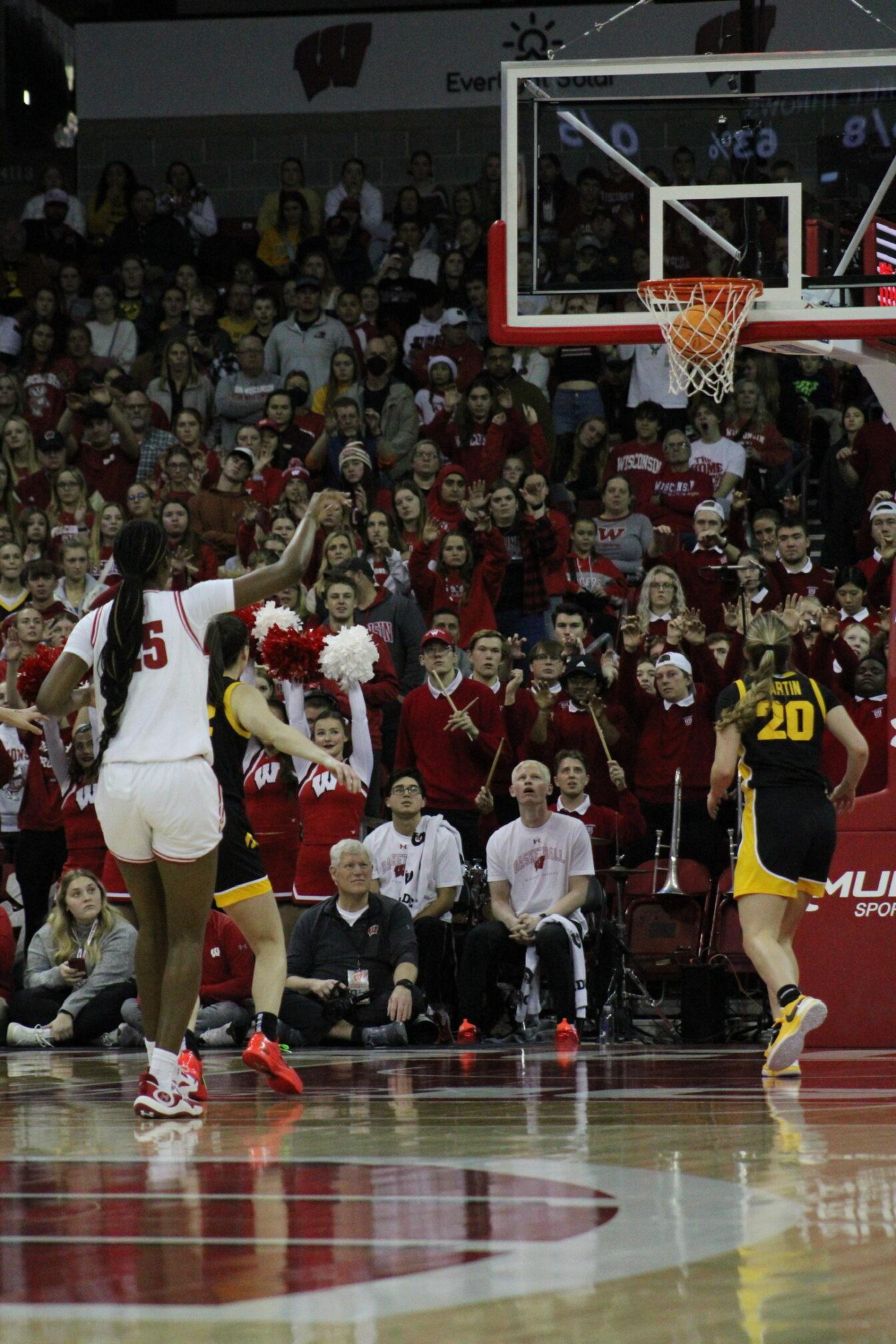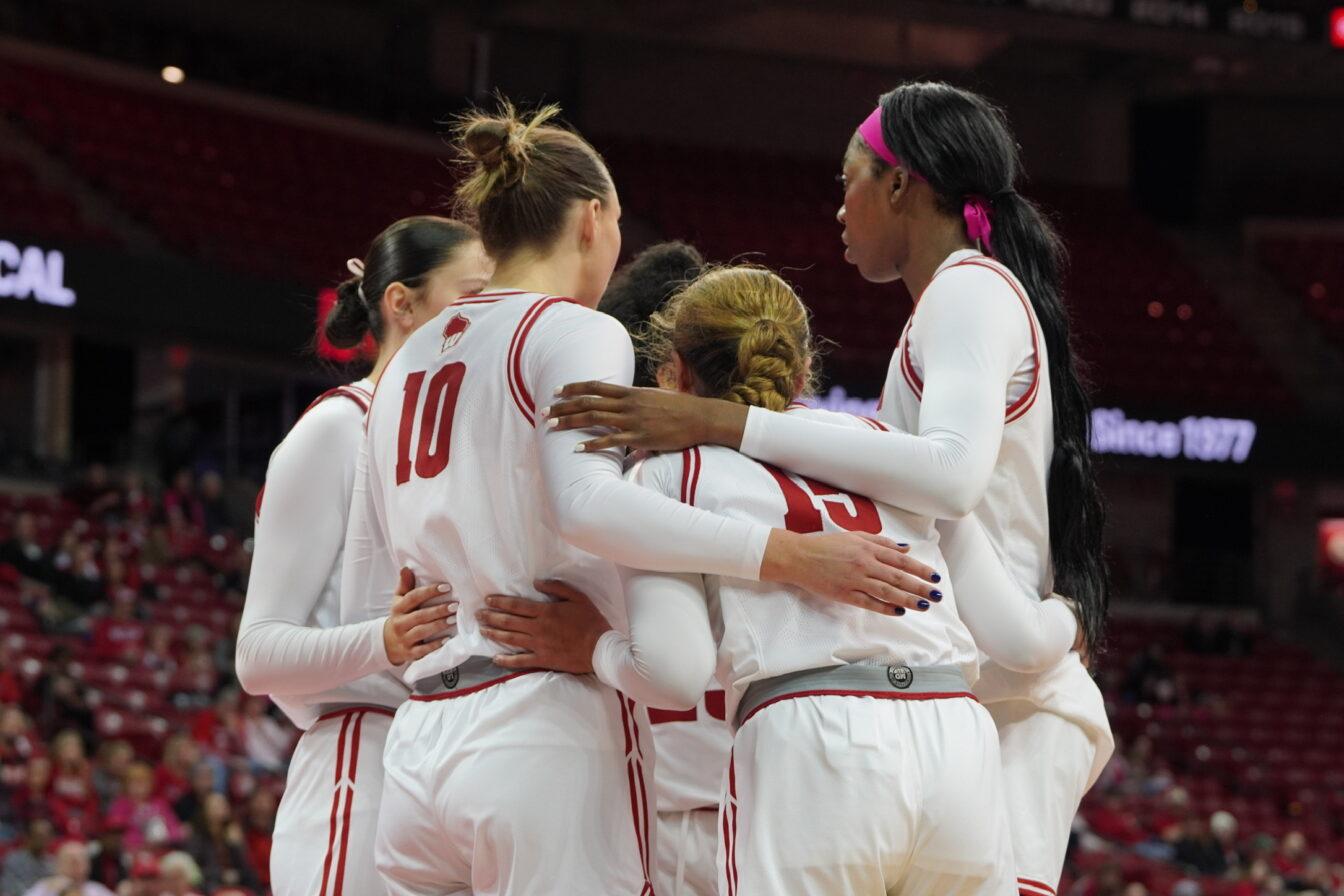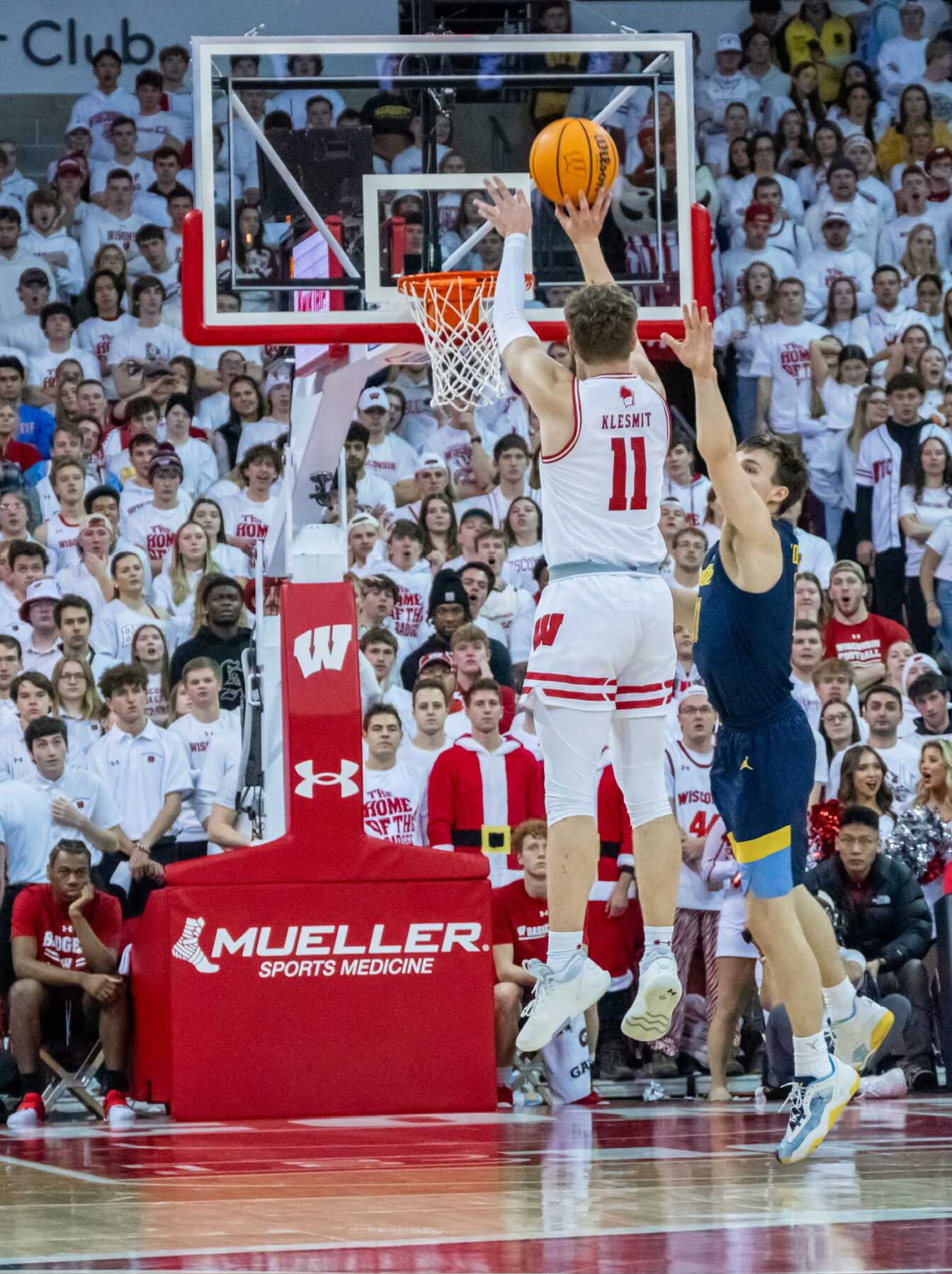There’s no reason to freak out, Red Sox fans. Don’t you worry just yet.
Five months and two weeks is plenty of time to right the very wronged ship with which your team has left harbor.
Oh, and if you’re an Indians or Orioles fan, please reconsider setting aside that hard-earned income for World Series tickets. It’s probably just a tad early to be constructing your “World Series or Bust” posters.
The truth is, the first ten games of the regular season are simply not enough to know what a team is made of, or for the pessimist, which it seems many Red Sox fans are these days (did you hear the ‘nation’ boo Dice-K Monday night?), what teams sincerely lack.
In fact, it’s usually not until about 60 games into the season when fans can either run the white flag up the pole or fill their hopeful minds with dreams of a title.
Ten games? Come on, man.
If for some reason Kansas City fans can’t remember, or maybe they simply choose not to, the Royals began the 2003 season 11-1. That team finished 83-79 and well out of the playoff hunt.
And to those Indians fans that are just ripe with hope for the young season, think back to 2002 when the Tribe began 11-1, just like Kansas City, only to follow it up with a run of 15 losses in 17 games.
Cleveland would finish 14 games under .500 and 20.5 games behind the Twins in the Central.
We’ve read this Nora Roberts novel before; we know what’s going to happen in the end.
Teams which erupt off of the starting blocks to early leads end up falling at blinding speed back to the cellars of their respective divisions as summer rolls on.
Those teams with superior talent, at least on paper, and swollen payrolls (such as the combined $363 million of the New York Yankees and Boston Red Sox, who presently trail behind the O’s, or the $350 million of the Chicago White Sox, Minnesota Twins and Detroit Tigers who lurk behind Kansas City and Cleveland) have absolutely nothing but time.
Now, just because these teams have shown us before that they are well practiced in the art of blowing division leads doesn’t mean they are destined to do so again this season.
But unless you’re the Chicago Cubs or the Minnesota Twins (both of whom are exemplars of the aberration for different reasons, as the Cubs have had big payrolls and won nothing and the Twins have had comparatively limited payrolls and consistently won divisions over the last decade), payrolls usually make the difference in today’s game.
Just like most aspects of baseball, it’s all in the stats.
According to a study done by “SB-Nation,” in the last 12 years, a period that has seen payrolls increase at unthinkable rates, of the fifteen teams with the highest payrolls in the game, 11 of them have winning records.
Of the 15 teams with the lowest payrolls, 11 of them have losing records in the same 12 years.
The fairness of an organization (namely MLB) that allows a system, such as it is, to continue is a discussion for a future newspaper. However, the statistics read ominous for those surprised fans who see their favorite team atop the standings in the early going.
It wouldn’t be fair to simply say “Enjoy it while it lasts you bunch of broke losers because the big money teams are going to catch up sooner or later,” so maybe a bit of hope should be cast on those who still believe their teams can overcome the payroll trend that usually takes hold by season’s end.
Let’s hold off from squashing the dreams of at least one team this season (this isn’t a prediction, just a chance for one of the surprise teams this year).
Hmm… How about Kansas City?
A few decades of futility earn a franchise many an early round draft pick, some of which can turn into good players who can be traded for even more high draft picks. The result is an abundance of young talent.
The Tampa Bay Rays used the same formula a few years ago and made an incredible run to the World Series and have recently remained relevant in a very tough AL East.
The good news for the Royals is that the AL Central is probably not as tough as the East, and is a much more winnable division.
Young players, who have been successful throughout their baseball careers and that have nothing-to-lose attitudes, can be dangerous.
If Kansas City can sustain a protracted winning streak and build a sizable lead in the division while the predicted “front-runners” continue to find themselves, they might have a chance. Maybe.







